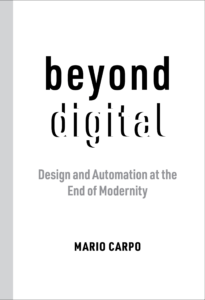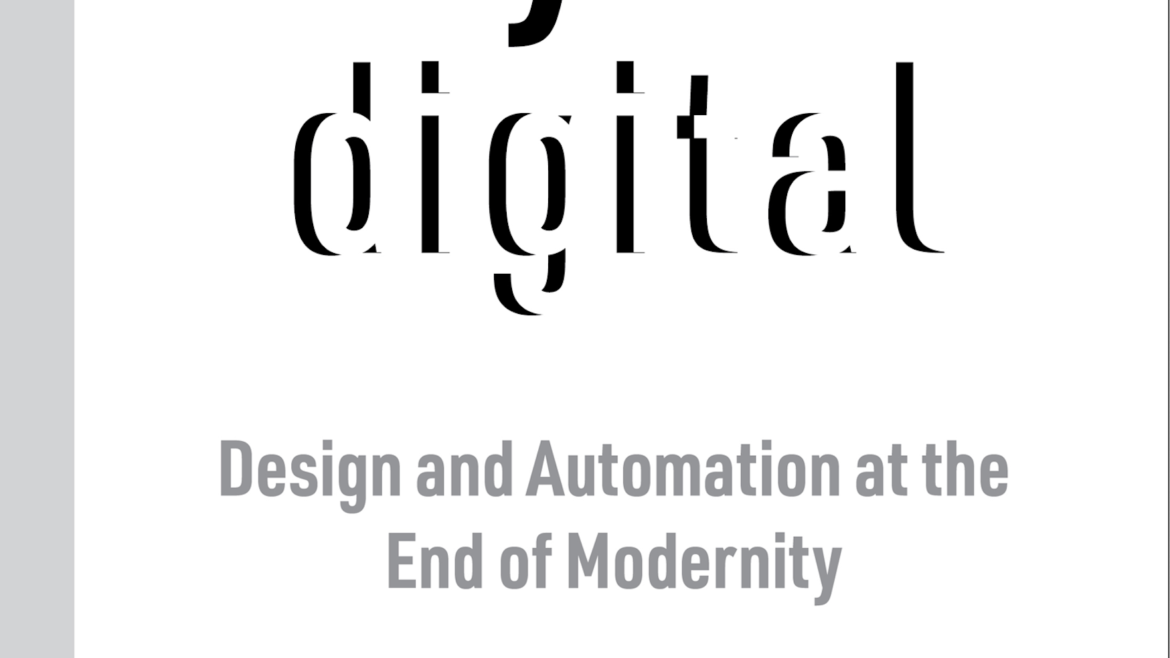Lecture by Mario Carpo
Mario Carpo, architectural historian and critic, will lecture on Tuesday 27 February at 5 pm.
The lecture is part of the University by Design event series — coproduced by the Architecture Programs of the Daniel and Gayle D’Aniello Syracuse University in Florence, California State University International Programs Italy and Kent State University Florence — which focuses on the topic of studying architecture abroad. This collaborative forum will consist of two public lectures aimed at reimagining the collective educational space and proposing innovative models for contemporary practice.
Mario Carpo’s lecture is titled Generative AI, the Canon, and the Automated Transfiguration of Architectural Precedent. It examines how generative AI is bringing the practice of imitation back to design schools and the design professions. Computer scientists call such models a “dataset,” but in architecture we used to call them a tradition, convention, or “canon.” And designers know full well every canonized precedent is based on preference, and that preference often stands for prejudice.

Mario Carpo is an architectural historian and critic. His research focuses on the history of early modern architecture and on the theory and criticism of contemporary design and technology. Currently he is the Reyner Banham Professor of Architectural History and Theory at the Bartlett, University College London and the Professor of Architectural Theory at the Institute of Architecture of the University of Applied Arts (die Angewandte) in Vienna (emeritus since end 2023). His research and publications focus on history of early modern architecture and on the theory and criticism of contemporary design and technology. His award-winning Architecture in the Age of Printing (MIT Press, 2001) has been translated into several languages. His most recent books are The Alphabet and the Algorithm (2011); The Second Digital Turn: Design Beyond Intelligence (2017); and Beyond Digital. Design and Automation at the End of Modernity (2023), all published by the MIT Press.

